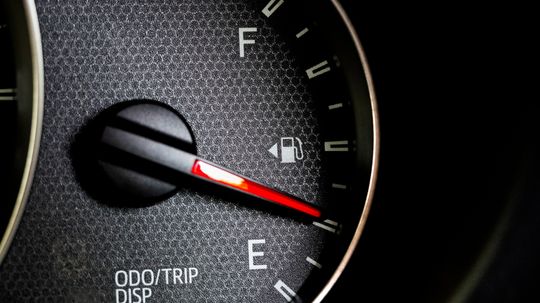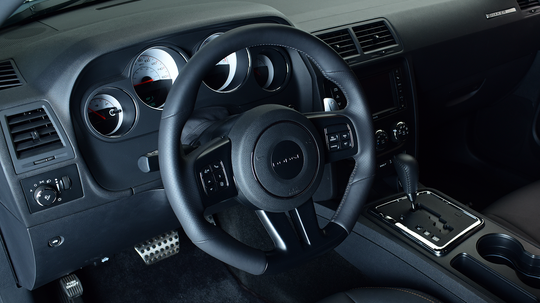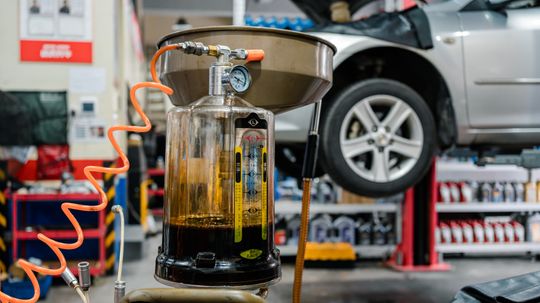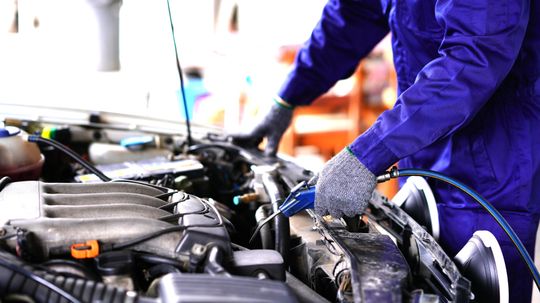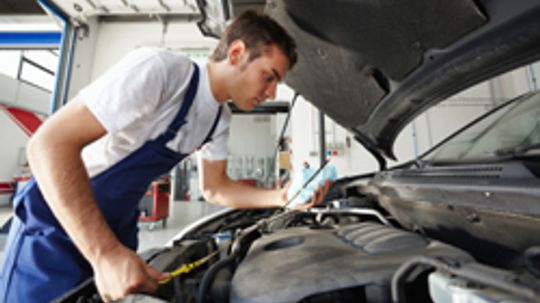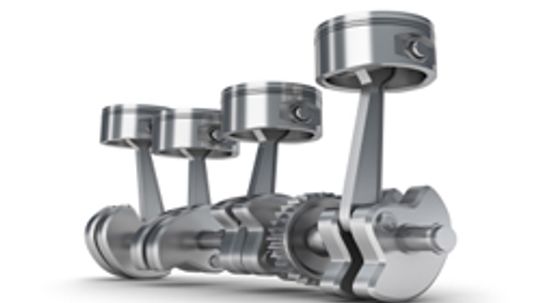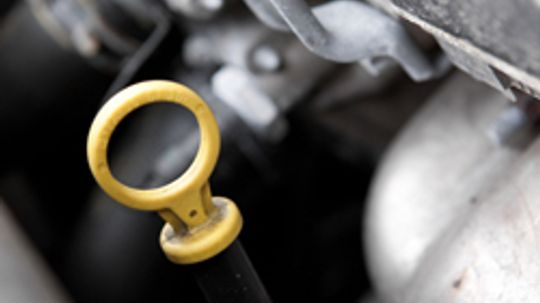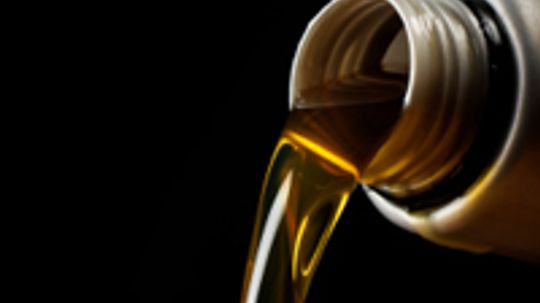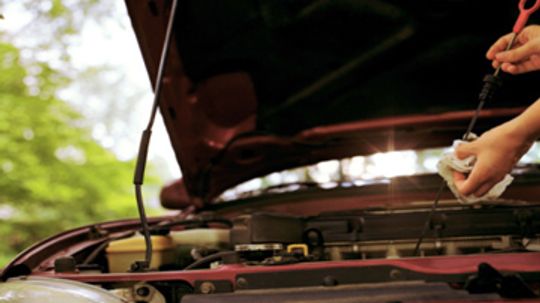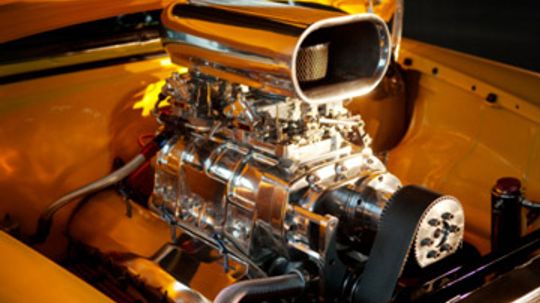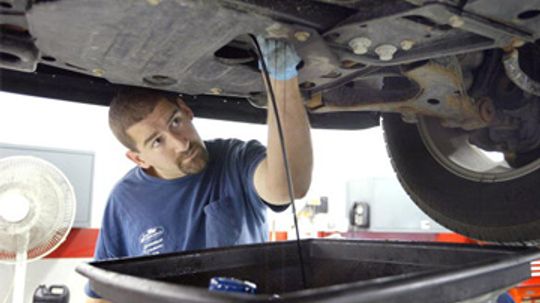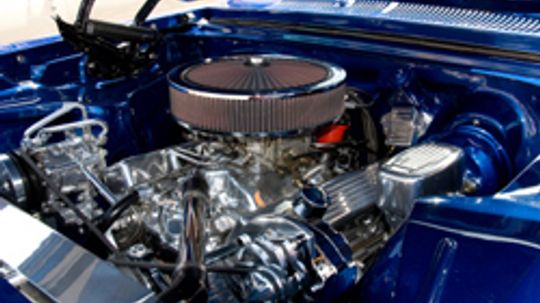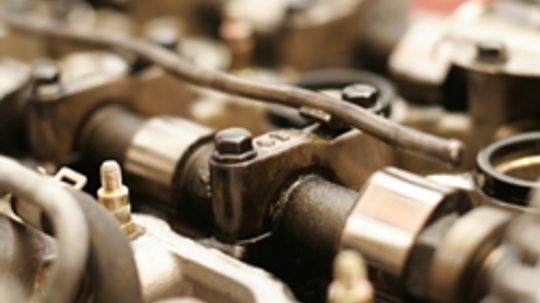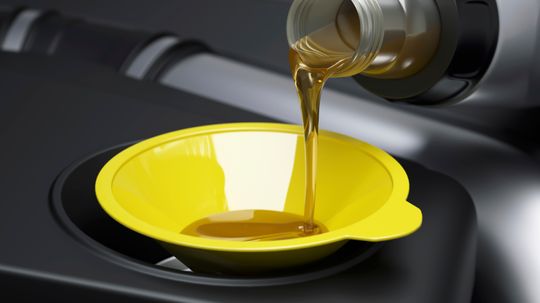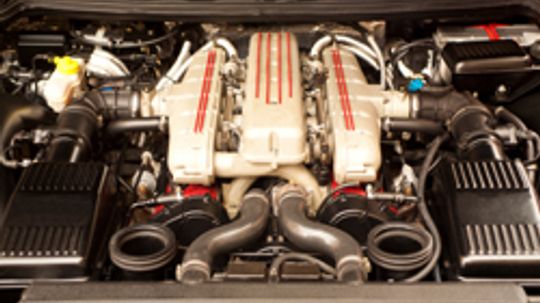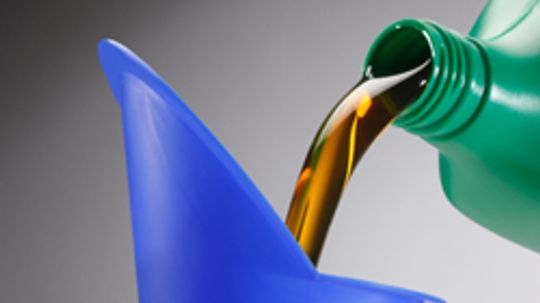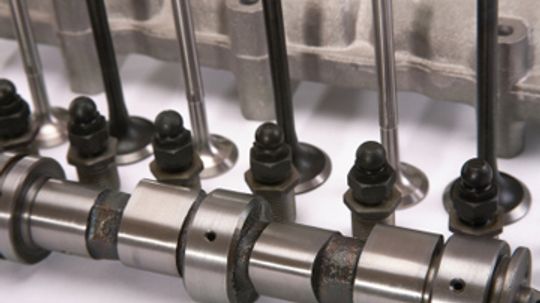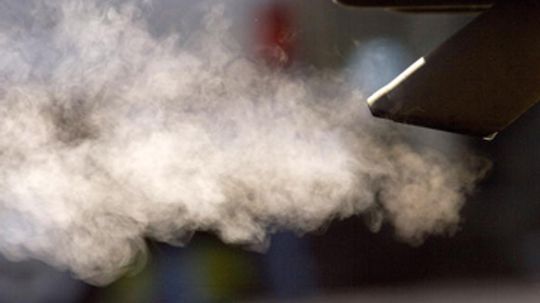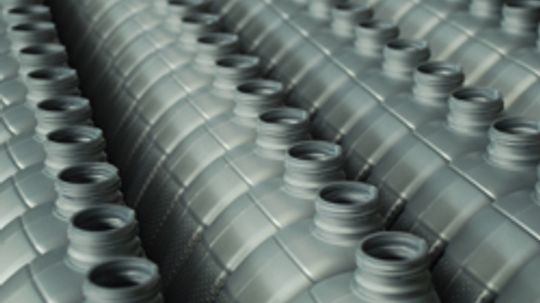Under the Hood
The Under the Hood Channel explores the systems that make your car function correctly. Learn about car parts and systems and how to do routine maintenance.
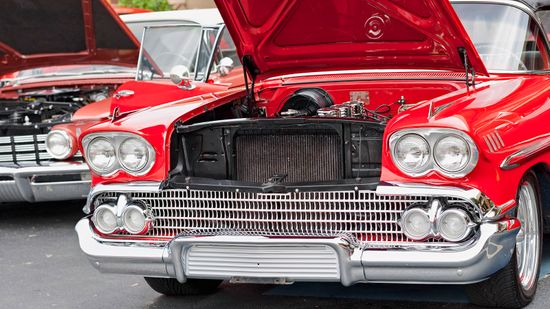
10 Popular Car Modifications

10 Car Accessories That Could Be Dangerous

What makes certain car accessories unsafe (or even illegal)?

Modern Cars Are Kind of Boring. Why Is That?
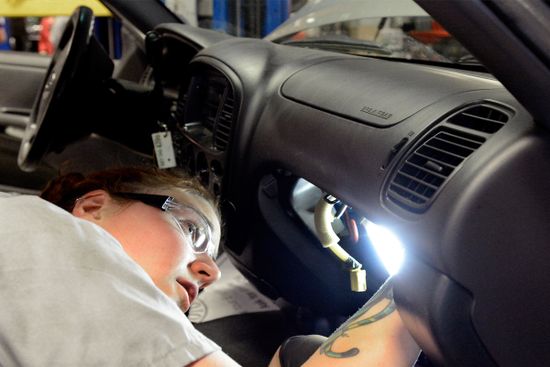
Can car companies let known defects go without a recall?

Do car interiors turn toxic in the summer?

Making a Car Last for 300,000 Miles Is Totally Possible — Here's How
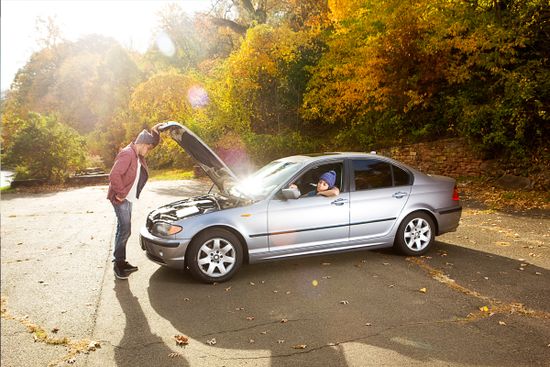
Are cars designed to fail at a certain point?
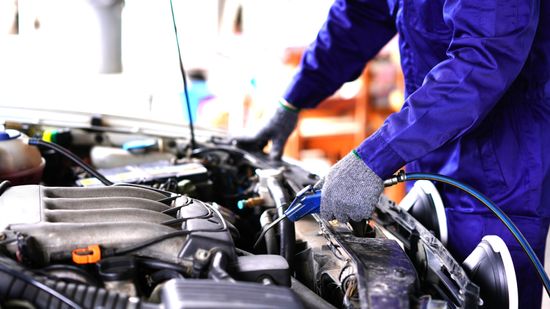
Will it hurt to spray electrical contact cleaner in an ignition?
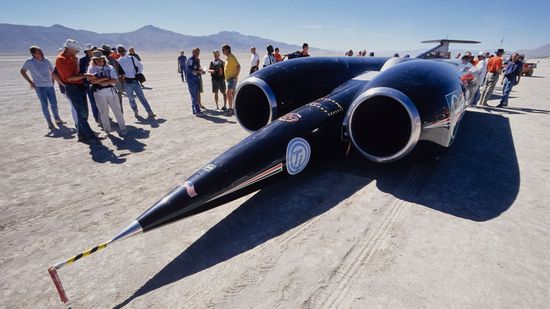
What's the Fastest Car in the World?
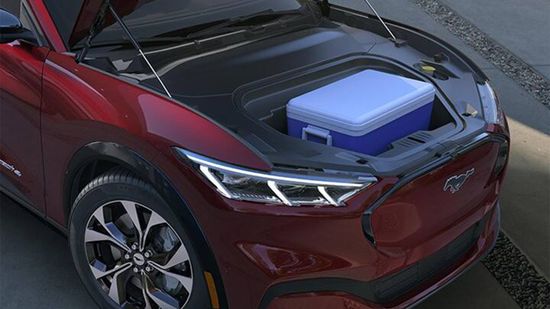
Is Your Junk in the Trunk or the 'Frunk'?

The GM Car That Has No Steering Wheel or Pedals
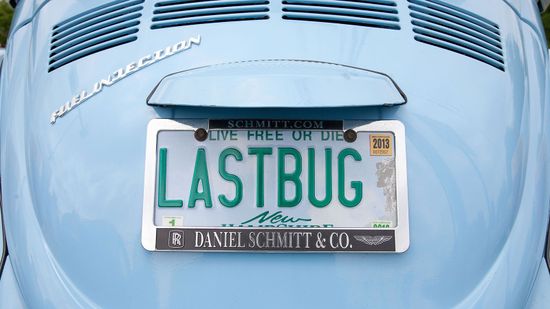
The Long Strange History of License Plates in the U.S.

Do red cars get pulled over more often for speeding?
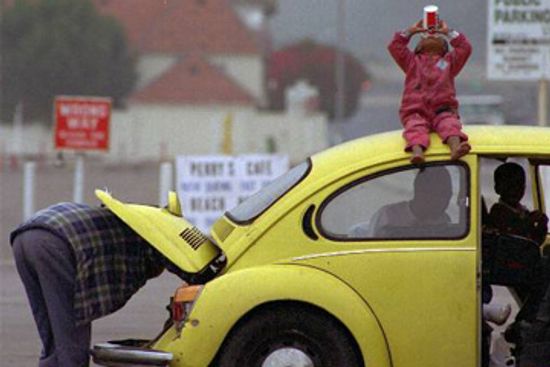
Are extended car warranties worth it?
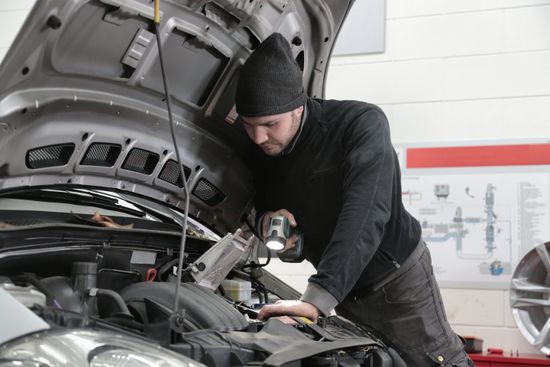
8 Signs to Identify Bad Fuel Pump Symptoms
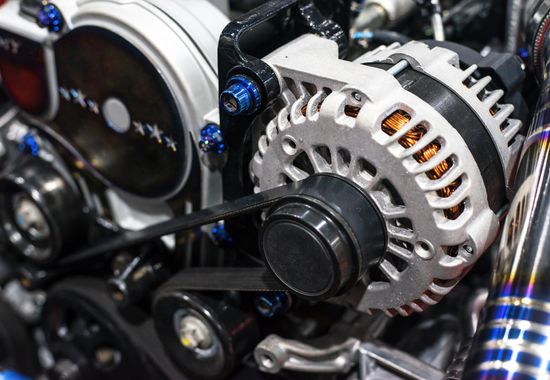
All You Need to Know About Bad Alternator vs Bad Battery
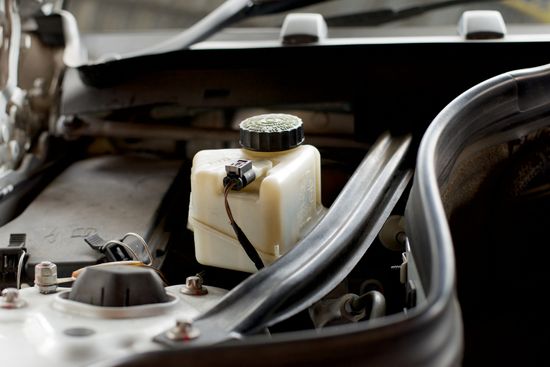
How to Diagnose and Fix a Brake Fluid Leak
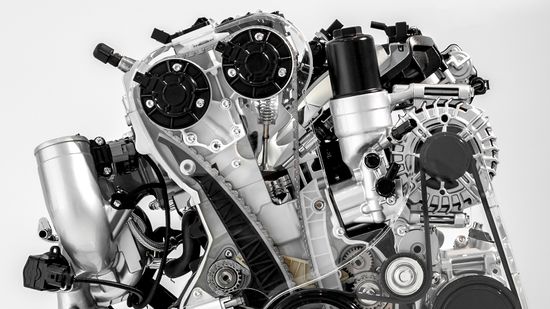
Why the V Engine Remains a Top Choice for Car Enthusiasts

How Gas Compression-ignition Engines Work
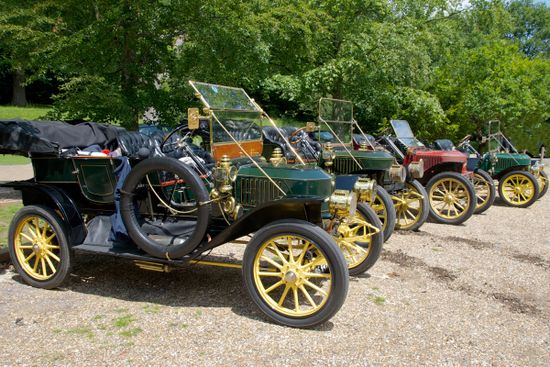
Did cars ever have external combustion engines?

Diesel Isn't Always a Worse Polluter Than Gasoline
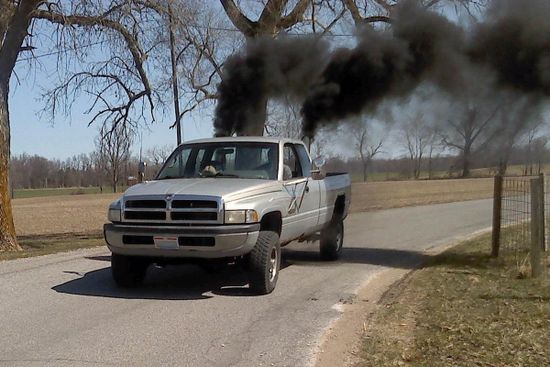
How Coal Rollers Work

How Much Air Pollution Comes From Cars?

10 Cold-weather Motorcycle Accessories

Is all motorcycle apparel made of leather?

What motorcycle accessories will help me stay cool?

How Laser-powered Headlights Work

How Air-Conditioned Seats Work

5 Useful Voice-activated Commands for Your Car
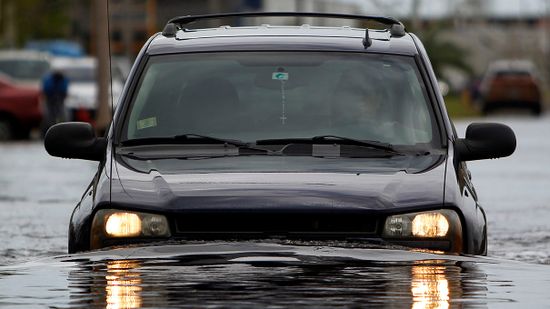
How to Avoid a 'Hurricane Car'
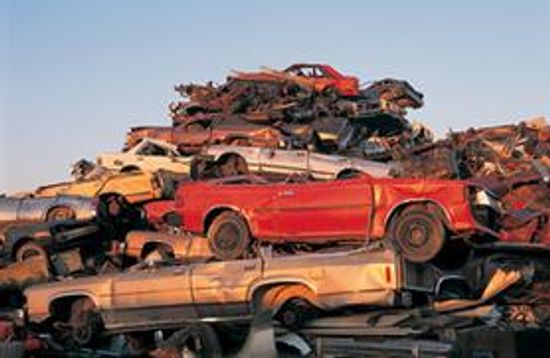
6 Automotive Parts You Can Easily Recycle
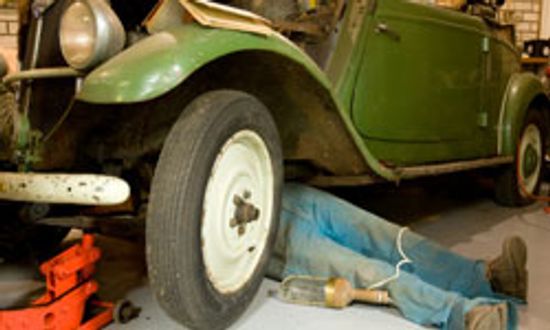
10 Places to Look for Classic Car Parts
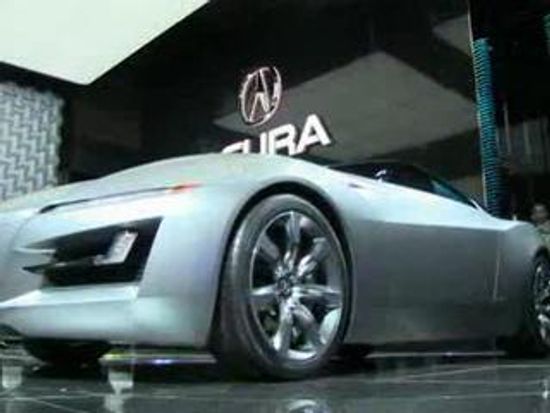
How Does Vertical Acceleration Work?
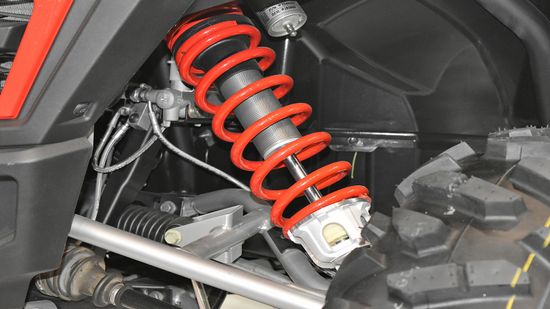
How Car Suspensions Work
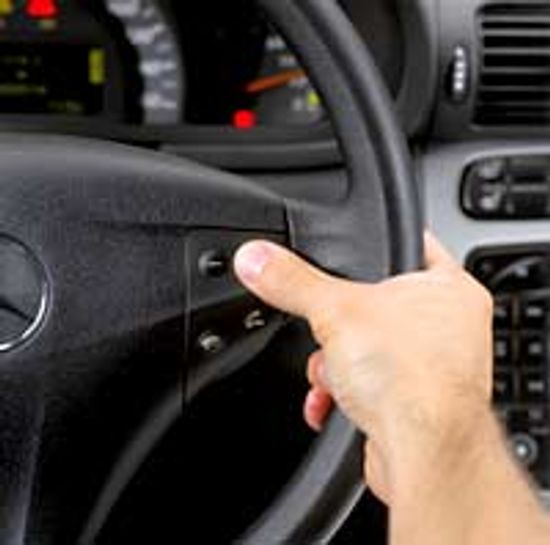
How Car Steering Works
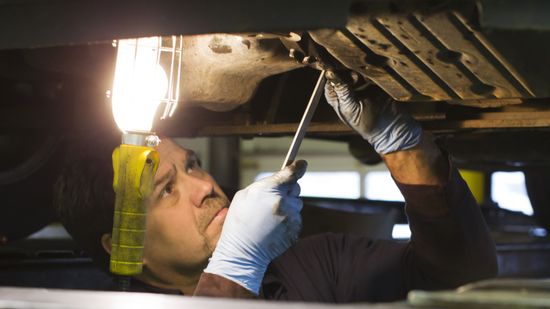
How Differentials Work
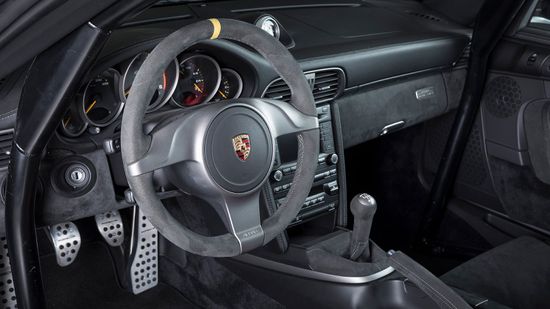
Why the Stick Shift Is Going Extinct

Gas-powered vs. Electric Cars: Which Is Faster?
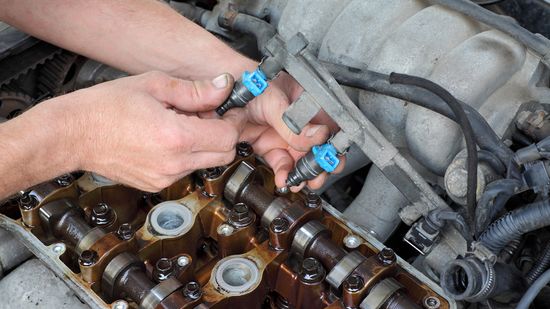
How to Clean Fuel Injectors at Home
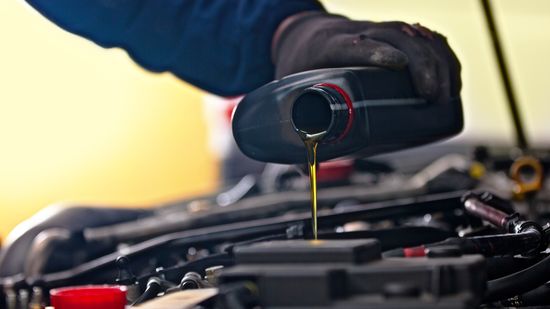
The Dirty Truth About How Often You Need Your Oil Changed
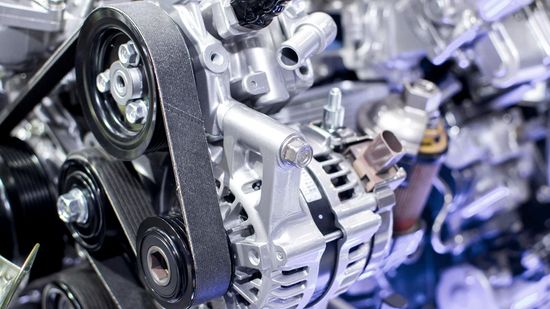
How to Replace Your Car's Alternator Belt

How Many Wheels Are in the World?
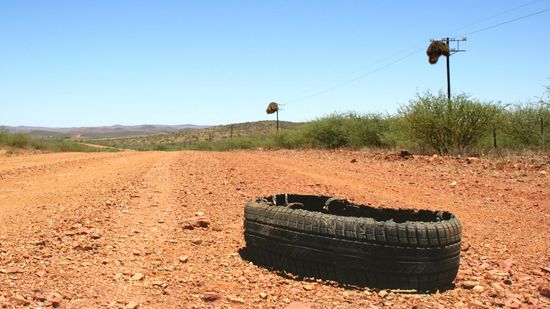
Why Do Tires Blow Out More in Summer?
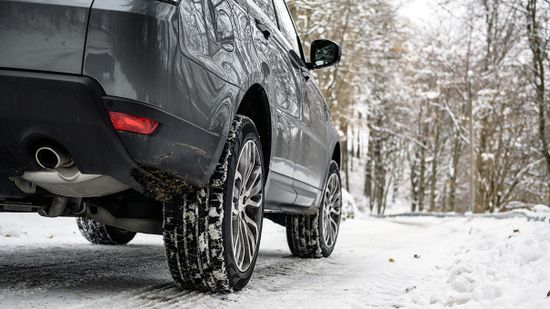
Winter Tires Really Do Make a Difference in the White Stuff
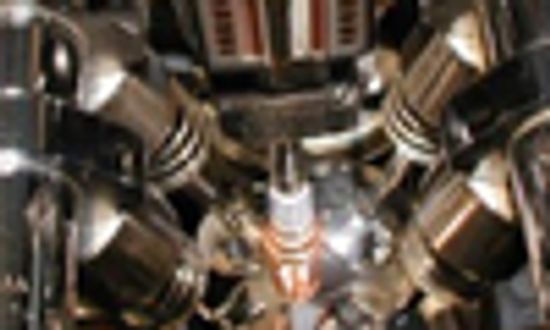
How Automobile Ignition Systems Work
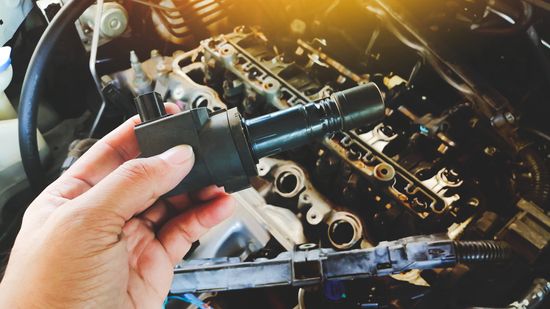
A Beginner's Guide to Ignition Coil Replacement?

Can your car tell you when the light's about to change?
Learn More / Page 9
Often, riding a motorcycle comes down to physics. A frame slider can stretch out the time it takes for a collision to occur, spreading out the force of the impact by letting the bike slide to a more natural stop. So how can this help save your bike?
The fact that driving a motorcycle is more dangerous than driving a car is no news flash. What is newsworthy is that, increasingly, motorcyclists can do something about the dangers they face. How can body armor help keep them safe?
By Garth Sundem
If your car's gas tank is full, but the engine isn't getting any gas, it may be time for you to learn how to replace the fuel pump in your gas tank. This article shows you how to replace the fuel pump in a gas tank.
Advertisement
You have a voltmeter, and would like to learn how to use it. Learn how to use a voltmeter in this article.
If you suddenly hear a grinding or whining noise coming from under your hood, it may be time to learn how to remove air from the power steering pump.
Your car keeps stalling at traffic lights and you think the idle air sensor control motor needs to be cleaned. Learn here how to clean the idle air sensor control motor.
Electrical contact cleaner can be used in an ignition. Find out if it's okay to spray electrical contact cleaner in an ignition from this article.
Advertisement
Knowing how to pack your bearings with grease is an important skill. Learn about how to pack wheel bearings in this article.
It's very difficult to steer your car, you think your power steering pump may need replacing, but you don't know how to do this. This article will make replacing a power steering pump just a little bit easier.
You think your oil pain is leaking, and would like to learn how to fix an oil pan leak. Learn how to fix an oil pan leak in this article.
Lots of people like to keep their car clean. It's a good feeling to drive around town in a shiny car. But do you ever think about what your car looks like under the hood? Not just on the surface, but inside?
Advertisement
With all the hype about hybrid, electric and alternative fuels, it's easy to think the age of the gasoline engine is over. But the fact remains that the vast majority of cars are still powered by gasoline.
One of the services an oil change technician might suggest is an engine flush to clean the gunk out of your engine. While this procedure has the potential to harm an engine, there are some benefits, too.
In a typical auto supply store, you'll find bottles of aftermarket engine oil additives that claim to improve performance and make your engine run cleaner. But are these additives really worth buying?
Did you know that the condition of your car's engine oil can actually provide clues to its health? It helps if you think of it like a blood test for humans.
Advertisement
It's unfortunate that the same thing that makes an internal combustion engine work so well (combustion) can eventually hurt the engine. Over time, engine deposits build up and cause your engine to lose power and efficiency. Do you know your options?
Despite a bewildering array of oils on the market -- with various additive packages and performance standards -- finding the right oil for your car is relatively easy. But finding the best oil out of the array is a little more difficult.
By Eric Baxter
Most drivers know that an engine needs a check-up every now and then. In fact, all engines require regular maintenance to remain in good condition. But do you know how to proactively protect your engine?
Poor diet and lack of exercise cause sticky deposits called cholesterol to block our arteries. But what's the culprit behind oil gumming up our engine? What are the clues an engine is harboring oil deposits?
Advertisement
Heat is your engine's worst enemy. In fact, internal heat can cause a chemical reaction in motor oil that causes its viscosity to change. Do you know the steps you can take to prevent thermal breakdown?
The same basic principles of early car engines still apply today -- combustion of air and fuel create rotational force to move a car. But how have modern car engines evolved to meet the needs of today's drivers?
Most drivers know their engine needs oil just like it needs gasoline, but how much, what kind and how often to add it can seem like a mystery. Could you benefit from learning the basics of engine oil?
Internal combustion engines are notoriously inefficient to begin with; and friction is one of the factors that further reduce that already low efficiency. But does friction really affect gas mileage?
Advertisement
Soot buildup is common in diesel engines; however, it's a frequent misconception that soot doesn't occur in gasoline engines. It does. Excessive soot could simply signal the need for an oil change, or it could indicate other underlying problems.
Everyone knows that cars and trucks need engine oil in order to operate smoothly. But most people also know a few "facts" about engine oil that aren't necessarily true. Can you separate fact from fiction?


